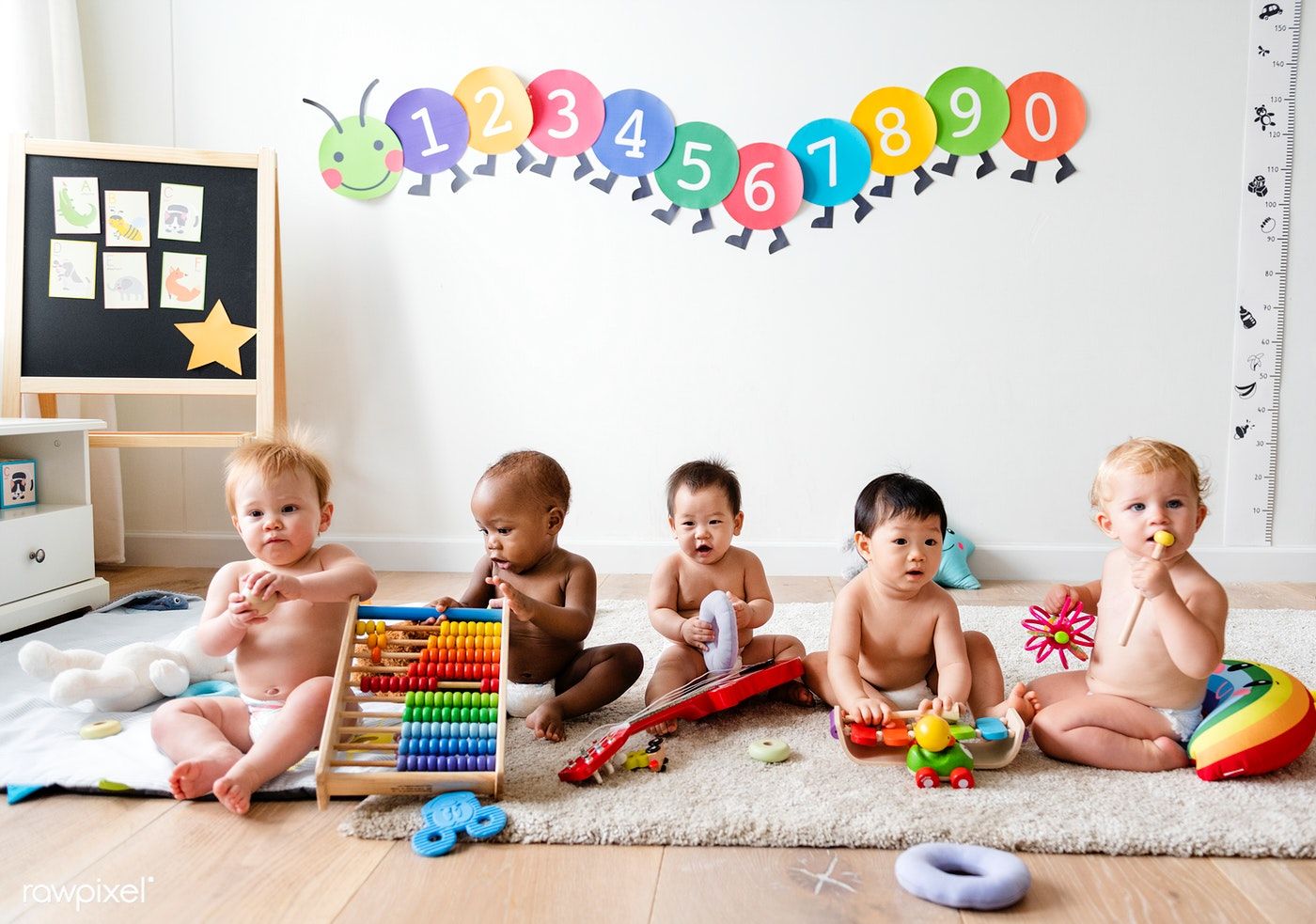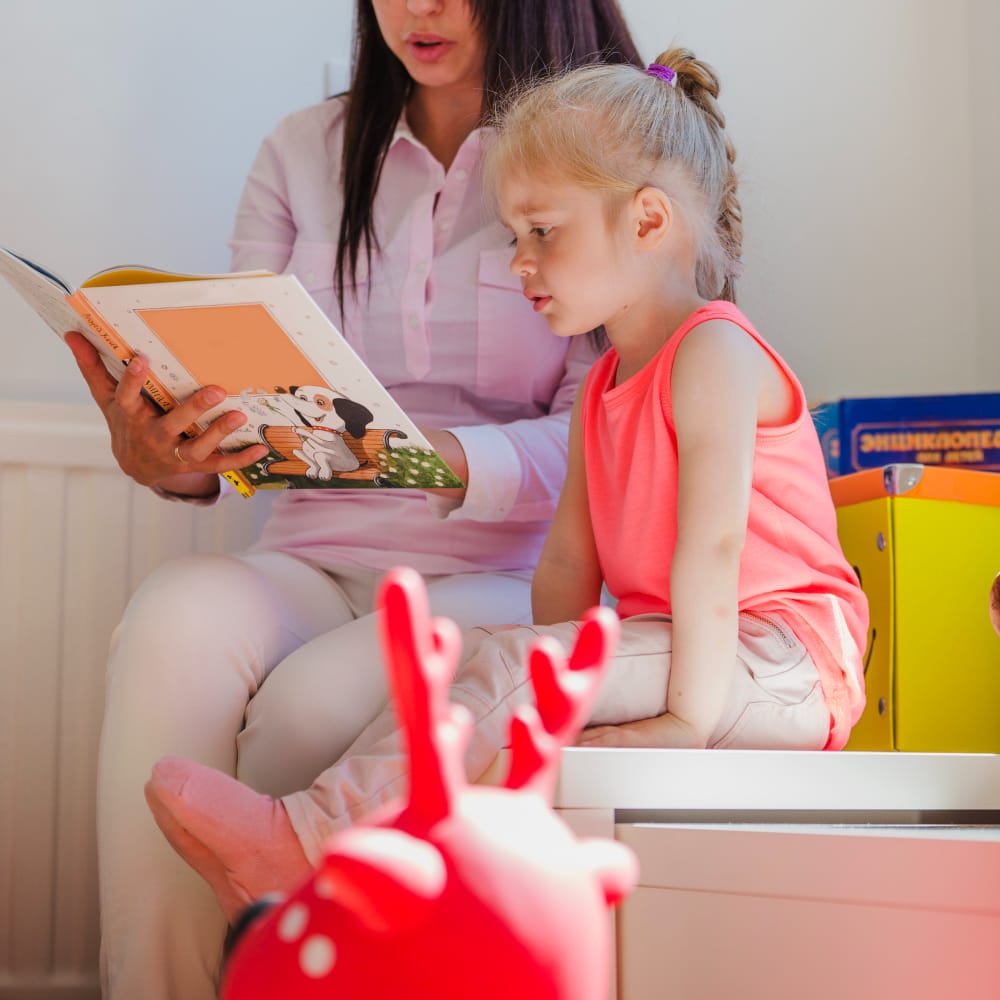 Your baby’s development: 0 -6 months
Your baby’s development: 0 -6 months
At first glance one might not note much difference between a new born baby and a 6-month old baby, but you’ll never guess how much development has taken place in this short space of time!
Here are some of the developmental milestones you can expect to see during your baby’s first six months. Remember however that these are merely guidelines and that each child will develop at his or her own pace.
Social Development
Babies are primed for survival and from day one your newborn baby will begin to tune into your face, voice and smell so that she can tell you apart from other adults. Baby might start smiling as early as 6 weeks, but these first smiles are called “social smiles” and are purely reflexive as baby is simply copying your facial gestures. This can be a great source of entertainment for you both – smile, pull a face or try sticking out your tongue and watch your little one copy you! Soon however, these smiles become more selective and baby might reserve her special smiles for mom and dad, while only staring at strangers when they try to engage with her. You are your baby’s most important piece of play equipment at this age and it is mainly through interaction with you that all learning takes place.
Physical Development
Your baby’s sense of hearing is already fully developed at birth and you may note her turning her head to locate sounds. Her sense of sight however, is still quite poor as there is very little visual stimulation in the womb. At first she may only be able to see objects that are no more than 20cm away. It is for this reason that high contrast patterns will draw little babies’ attention – they are easiest to see at this age. As her vision improves she will be able to spot objects further away and focus on colours in subtler hues. She will also become more adept at tracking slow moving objects with both eyes together.
The world is a pretty exciting place when you’re new to it and your little one will spend almost all of her awake time exploring the world outside the womb. Little babies explore everything with their hands and mouths, but placing an object in the mouth is about so much more than just tasting it: This behaviour is known as “mouthing” and allows the baby to explore the texture of an object with her lips and tongue.
Your floppy little baby is growing every day and by the age of 3 months she will be able to lift her head and chest slightly off the floor when lying on her tummy. These “mini push-ups” are very important for the development of the muscles in your little one’s arms and shoulder girdle, which later play an important role in enabling her to crawl. Her first movements may seem jerky and uncoordinated, but soon they will become smoother and more purposeful.
By the age of 3 months your baby will be able to hold onto objects with a fist grip if you place them directly in her hand and by the age of 4 months you baby will likely start using a raking grasp to pull objects closer so that she can grab onto them. Learning to let go of objects is a little trickier though and your baby might only learn to voluntarily release objects by the age of 6 months. This naturally also enables her to move objects from one hand to the other – a process that plays a vital role in helping to develop bi-lateral integration (the two sides of the body working together in a coordinated way). Your baby’s improving vision and hand function allow her to start using these two senses together which sets the stage for hand-eye coordination to begin to develop.
Language Development
Crying is not only a way for your baby to let you know that she needs your help, but it also a way for her to strengthen her vocal chords. Babies usually start to babble by the age of about 3 months and they soon start mimicking the rhythm of normal speech – sometimes letting their voices go higher at the end of a utterance just like we do when we ask a question, or babbling and then pausing to wait for your response before they continue, just like we do while in conversation with another person. By the age of 6 months babies begin to combine syllables. For instance your baby might say something like “daaaa….eeee”, no doubt filling dad with enormous pride at the thought that baby tried to say “daddy”, while in fact the initial combination of these sounds might have been purely incidental.




